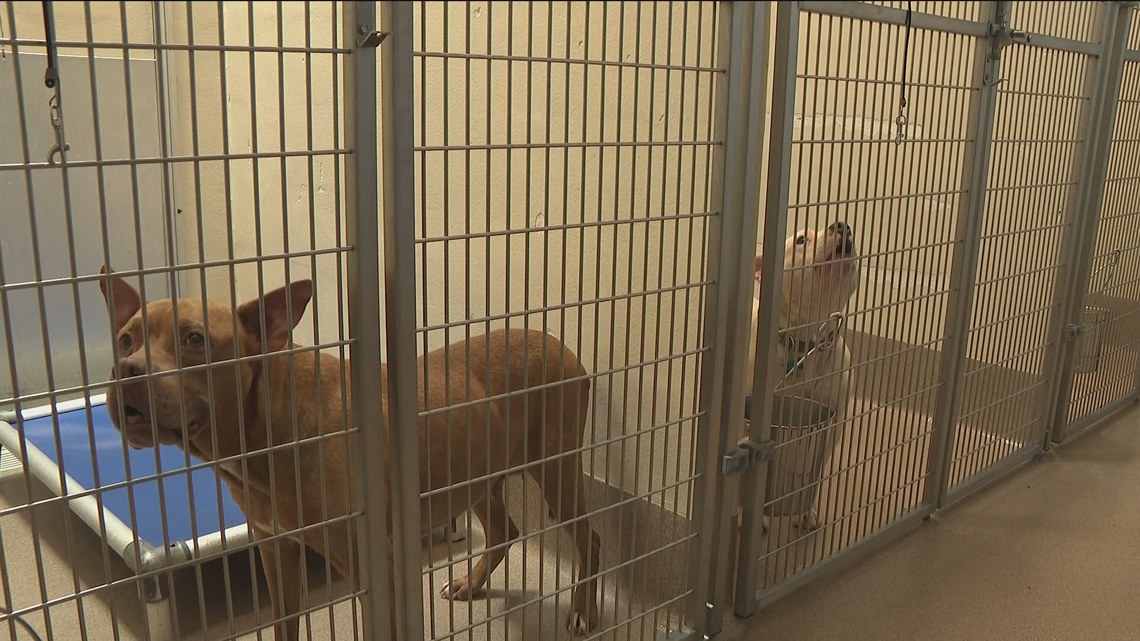One day, Choco was an excitable, vibrant five-year-old dog, and the next he was barely moving at the vet clinic.
“He was feverish. He was shivering. He was lethargic,” said Natasha Richards, Choco’s owner.
“He threw up 10 times within 24-hours , uncontrollably. It was the worst thing. I couldn’t do anything for him. I felt so useless.”
Over the next four days, Richards took Choco to three different vets, until finally a diagnosis was made using a blood test.
“He goes, ‘Natasha, your dog has an acute stage three kidney failure.’ Two weeks before he had a clean bill of health,” Richards said.
His little body was shutting down due to Leptospirosis — a disease commonly found in stagnant waters that is passed on through the urine of infected wildlife.
And humans aren’t immune.
“They can be shedding it before they’re ill which means, inadvertently, we could actually get it from them,” Fraser Davidson said, Society of BC Veterinarians’ president. “We need to be really careful. It can be deadly to both humans and animals.”

The disease is preventable through a vaccine but it’s not on the list of standard pet immunizations.
“If you’re really an outdoors person and your dog joins you and your outdoor activities a lot, and you happen to live in an area where there’s a lot of wildlife and a lot of stagnant water, I think it’s definitely worth vaccinating for,” Davidson said.
Choco spent two weeks in the intensive care unit at a local animal care facility. He’s on a cocktail of medications now, but is finally on the mend, according to Richards.
“What should have been a $20 vaccine, cost me (more than) $20,000 and it’s still climbing because (of the) aftercare that he needs,” she said.
She is speaking up about what happened to Choco in hopes no other family feels the same pain. An online fundraiser has been created to assist with Choco’s vet bills.
© 2023 Global News, a division of Corus Entertainment Inc.











